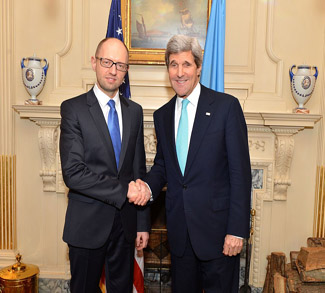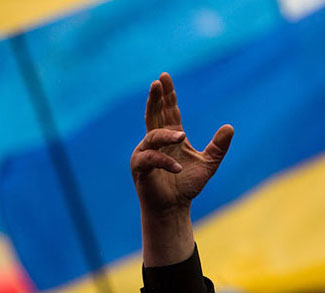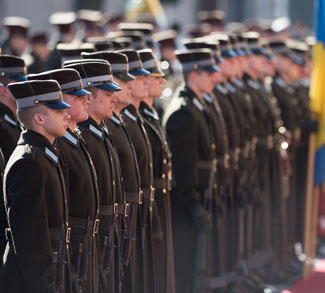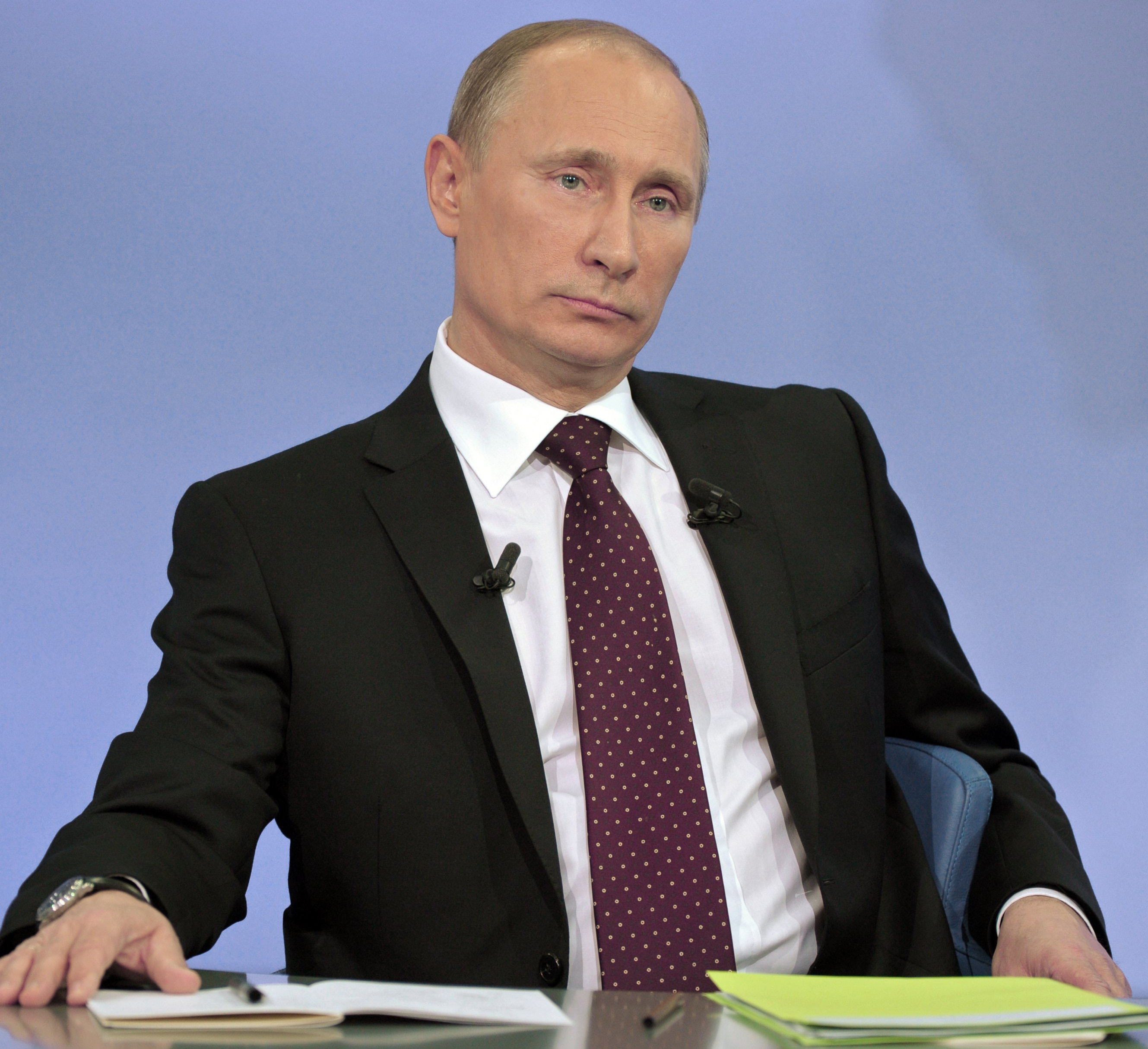With a tenuous ceasefire taking hold in Syria, focus has begun to shift back to Ukraine, where fighting slowed down but never really stopped entirely following the implementation of the Minsk II agreement last year.
The Ukraine conflict is far from over; it has only been simmering on the back burner as Syria took center stage in international politics. Over the period since the Minsk II ceasefire came into effect, 375 Ukrainian soldiers have been killed and over 1,500 injured. Violations of the agreement have been common from both sides, both in terms of forbidden heavy weapons placements and exchanges of fire along the ceasefire line.
According to the latest reports from OSCE monitors, these violations are increasing. Exchanges of fire have spiked since January and monitors have reported the presence of 88 tanks on the rebel side of the ceasefire line – weapons that should have been withdrawn under the conditions of the Minsk II agreement.
There are several factors suggesting a resumption of outright hostilities. For one, neither side has reason to accept the status quo; both contain powerful blocs that believe there’s more to be gained from fighting. For Kiev, the east-west division that presently exists is artificial and illegitimate, imposed by a meddling foreign power in Russia. As a result, the Ukrainian authorities are hoping their European allies will continue to pressure Russia until Putin ‘says uncle’ and supports a deal that ends Russian military support and paves the way for an internal political compromise.
Pro-Russia rebels in the east however are still set on more immediate, strategic goals – mainly pushing the ceasefire line westward and taking the key port city of Mariupol on the Sea of Azov. Mariupol is a natural target for the rebels: it has a large Russian-speaking population, is the second-largest city in Donetsk Oblast, and is more eastward integrated in an economic sense. Seizing it would be a resounding victory for the rebels, and one that would doubtlessly encourage the rebel leadership to shift its strategy away from territorial expansion and towards consolidating its hold over the tracts of eastern Ukraine already under its control.




